Do Bitcoin ATMs Require ID?
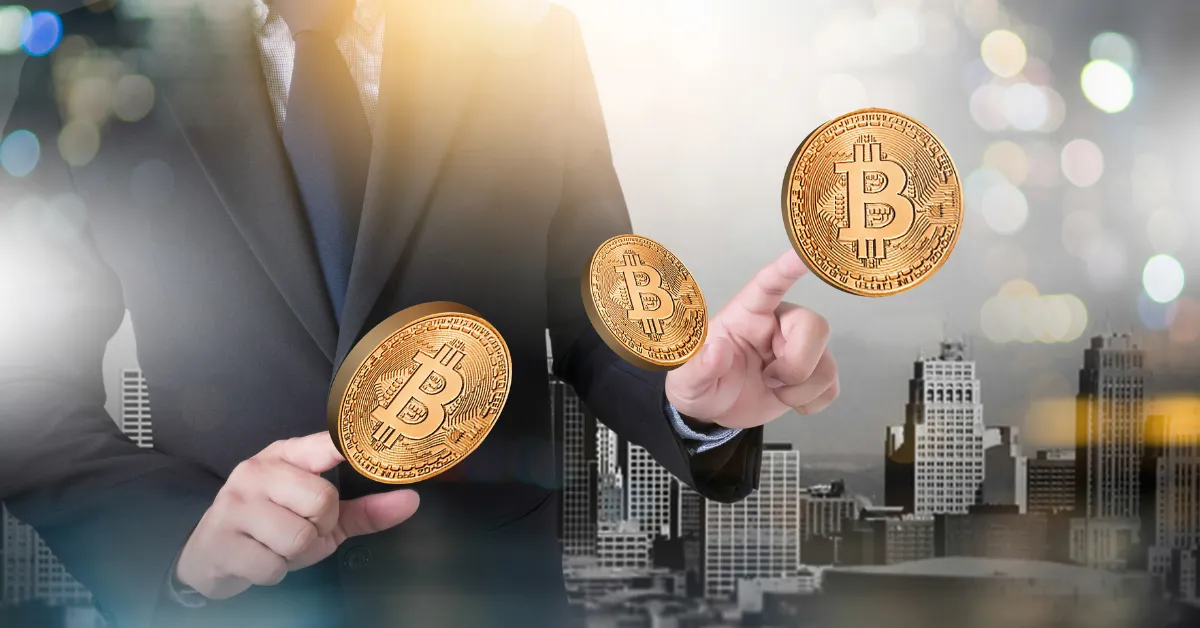
Over the past few years, Bitcoin ATMs, or BTMs, have become very popular all over the world. The ATMs enable one to purchase, and in some cases, sell Bitcoin with cash or debit cards. Unlike their bank-account-linked traditional counterparts, Bitcoin ATMs link one to the cryptocurrency world. But one common question that often arises is: Do Bitcoin ATMs require ID, and if so, when and why?
The short answer is: sometimes. Depending on the machine, operator, location, and size of the transaction, a Bitcoin ATM might or might not request that you provide identification.
This article dives into how Bitcoin ATMs work, including when and why Bitcoin ATMs require ID, their advantages, disadvantages, and what you should expect..
What Are Bitcoin ATMs?
Bitcoin ATMs are computer vending machines that facilitate users to exchange fiat money (USD, say) for Bitcoin. They further, in some models, support users to convert Bitcoin to USD or send Bitcoin to another wallet address. While not bank-owned, these machines are managed by reputable operators like Bitcoin Depot and Coinflip—many of which have clear policies on when Bitcoin ATMs require ID for compliance and user safety., who own thousands of ATMs across the U.S. and other countries.
To buy something using a Bitcoin ATM, you will have to have a digital wallet. The bought cryptocurrency will be stored there. You can scan your wallet’s QR code or manually enter your wallet’s address into the machine. Transactions are in real time and are posted to the blockchain.
How Do Bitcoin ATMs Work?
The process of using a Bitcoin ATM is simple and easy, even for beginners. Here is a general step-by-step guide:
- Select Transaction Type: Select whether you want to buy, sell, or transfer Bitcoin.
- Prepare Your Wallet: Open your smartphone or device wallet that holds cryptocurrencies.
- Scan the QR Code: Let the machine read the QR code of your wallet or enter the address manually.
- Insert Cash or Debit Card: Enter the amount of fiat money you would like to exchange for Bitcoin.
- Verify Identity (if required): In many cases, Bitcoin ATMs require ID verification depending on the transaction size and local regulations.
- Receive Bitcoin: Once the transaction is complete—and if Bitcoin ATMs require ID at that threshold—it will be processed securely and the Bitcoin will be instantly deposited into your walle.
Two-way ATMs also enable you to cash out Bitcoin by letting you transfer your crypto to the ATM wallet. The machine will then dispense cash or add cash to your debit card on confirmation of the transaction.
Do Bitcoin ATMs Require ID?
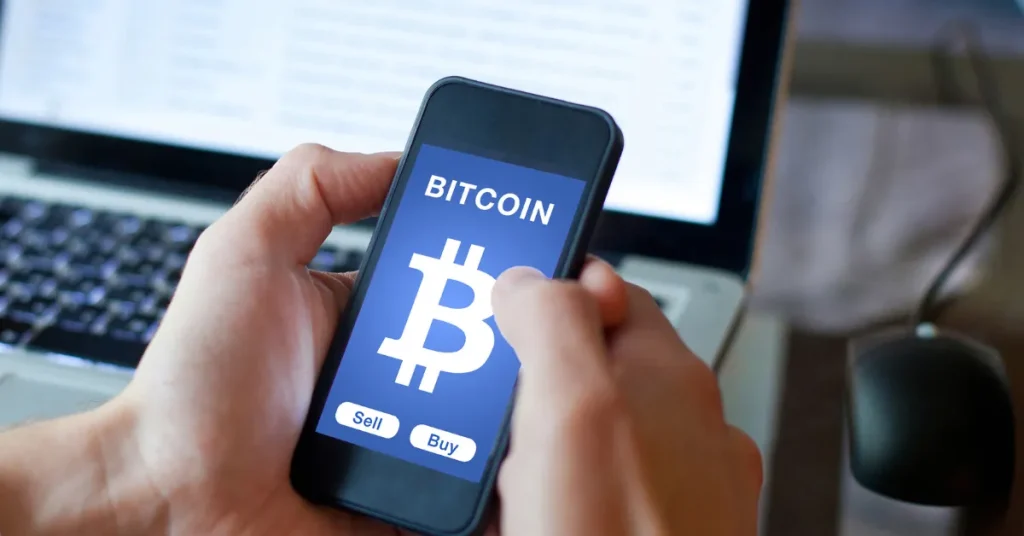
The Short Answer: Sometimes.
Whether or not Bitcoin ATMs require ID depends on several key factors:
- Transaction Size: ID does not have to be displayed for smaller transactions. Most machines do have, though, an anonymous transaction dollar limit (typically $900 or less). This is a common point of confusion, especially since Bitcoin ATMs require ID only under specific circumstances.
- Regulatory Requirements: Due to Anti-Money Laundering (AML) and Know Your Customer (KYC), there are several operators who must get ID for larger transactions.
- Operator Policy: Each operator has its own verification process. Some will ask for a phone number, ID scan, or even a photo.
- Location: State laws and regulation requirements also dictate whether and when ID is required. Machines in more restricted locations usually require ID even for small purchases.
Most Bitcoin ATMs in the United States require ID for purchases over a certain dollar value on average. Some ask for minimal verification like a phone number for lower purchases. Others may allow low-volume purchases (i.e., below $250) without any form of ID. So, while not all Bitcoin ATMs require ID, many do, especially for transactions beyond a certain threshold.
Benefits of Using Bitcoin ATMs
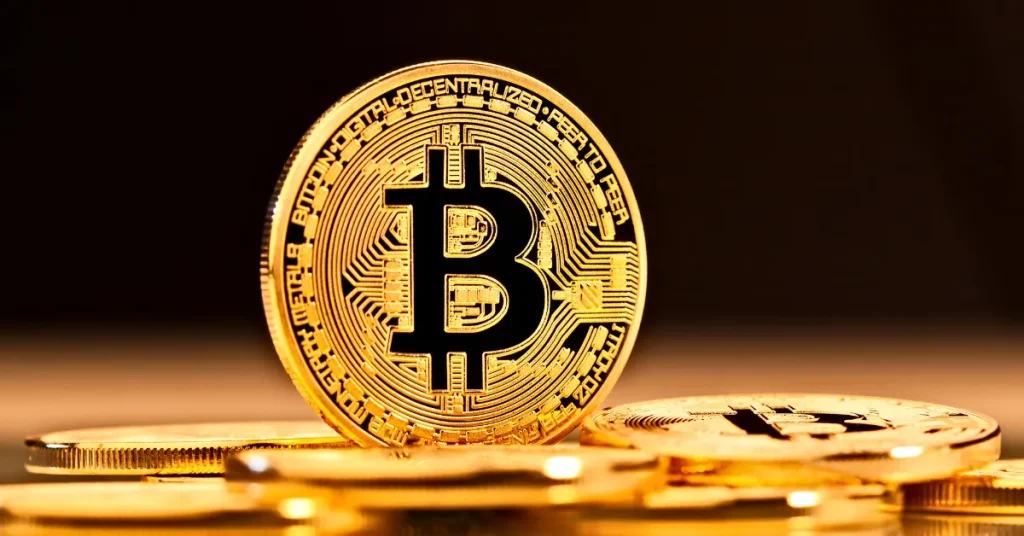
- Convenient Access to Crypto
Bitcoin ATMs are ubiquitous in shopping malls, convenience stores, and gas stations. No exchange registration or freezing up your bank account in—a walk-up transaction. - No Bank Account Required
One of the best things about Bitcoin ATMs is that they’re ideal for the unbanked or underbanked. Just cash and a crypto wallet. - Instant Transactions
Compared to online transfers using bank transfers that take days to clear, the transfers with a Bitcoin ATM can clear within minutes. - Anonymity
Depending on the machine and amount, you should probably be able to make a transfer anonymously or have minimal identification, which is satisfying to those who wish to remain anonymous. Still, it’s essential to understand when and why Bitcoin ATMs require ID so you’re not caught off guard during high-value or regulated transactions.
Risks of Bitcoin ATMs
- Scams Are Common
Anonymity and irrevocability of crypto make Bitcoin ATMs the preferred spot for fraudsters. The Federal Trade Commission reported that over $110 million in 2023 and an additional $65 million during the first half of 2024 had been lost to crypto frauds. The typical modus operandi by the fraudsters typically involves them assuming the guise of government authorities or technical support staff and telling the victims to load funds into a Bitcoin ATM before transferring them. - High Fees
Bitcoin ATMs are notoriously expensive. The average transaction fee ranges from 5% to 20%, which is far higher than the less than 1% fee you’d find on online exchanges. Operators charge these fees for convenience, anonymity, and maintenance. - Limited Cryptocurrency Options
Most Bitcoin ATMs will only accept Bitcoin. If you’re buying or selling in Ethereum, Litecoin, or an altcoin, you’ll have to deal with a crypto exchange website. - No Insurance or Protection
There is no FDIC coverage with cryptocurrency. If you’re robbed or you lose your wallet, there’s not much you can do about it. As compared to federal banking protection for accounts, your crypto is sitting on the blockchain with no protections from the government.
Bitcoin ATM Fees Explained
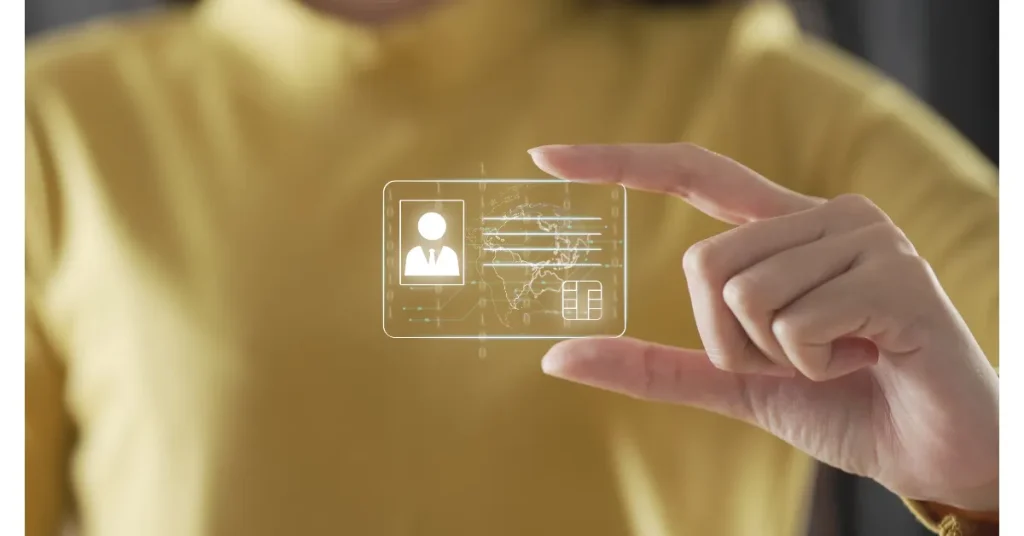
Fees are another reason why Bitcoin ATMs are so appealing. Even though they are convenient and ubiquitous, they have a premium attached. Here’s what you need to know:
- Buy Transactions: Typically have a 6%–15% fee.
- Sell Transactions: May also have fees of 5%–20%.
- Other Hidden Fees: ATMs also sometimes impose additional service fees or negative exchange rates.
Always read the terms displayed on the ATM screen before completing a transaction. Always check whether Bitcoin ATMs require ID in advance, as it can slightly extend the process but ensures compliance and security.
Are Bitcoin ATMs Safe?
Bitcoin ATMs are relatively safe if you’re cautious. The biggest threats come from:
- Phishing Scams
- Sending to the Wrong Wallet
- Malicious Operators
Make sure you use known brands like Bitcoin Depot, Coinflip, or Coin Cloud and make sure the ATM is set up in a well-lit, secure location. Double check wallet addresses when sending too and never share your wallet’s private key. If bitcoin ATMs require ID, be sure to verify that the machine is operated by a trusted provider before submitting personal information.
Read also :
Final Thoughts: Should You Use a Bitcoin ATM?
Bitcoin ATMs offer a unique blend of convenience, anonymity, and velocity, and hence are a great option for many crypto consumers. Whether or not Bitcoin ATMs require ID depends on the transaction amount, the machine’s software, operator policy, and location-based compliance rules.Some allow anonymous purchases below a certain limit, while others impose strict KYC policies.
Before using one:
- Know the fees
- Know the ID requirements
- Check the recipient’s wallet address
- Avoid scams by employing only legitimate parties
If you care about privacy and require immediate access to Bitcoin, Bitcoin ATMs may be a great option. But be careful—and never forget that security in the crypto space is your own responsibility.


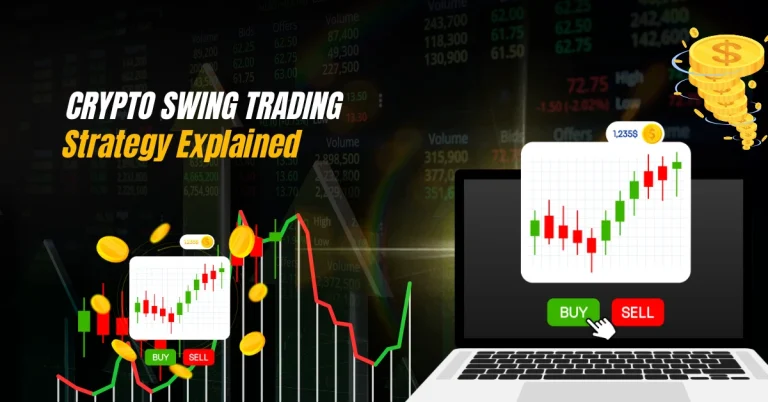

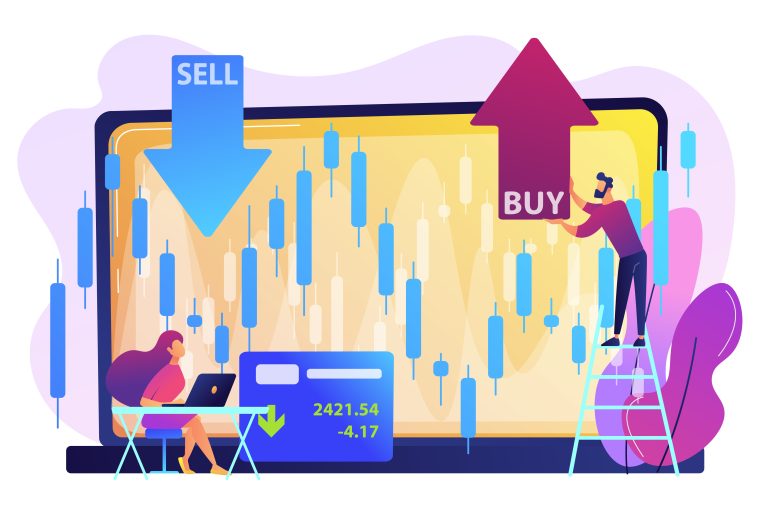
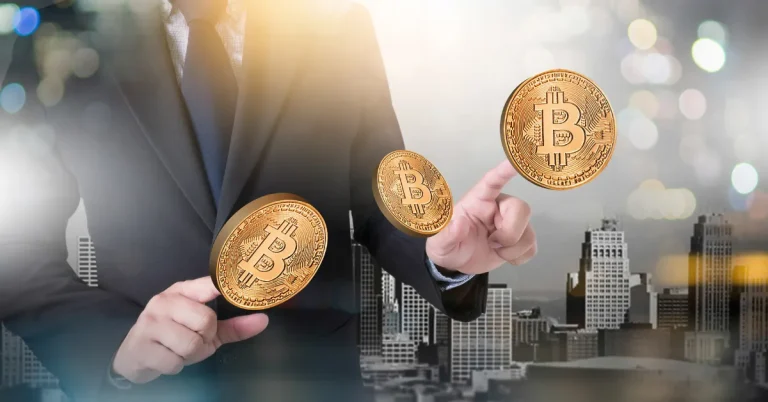
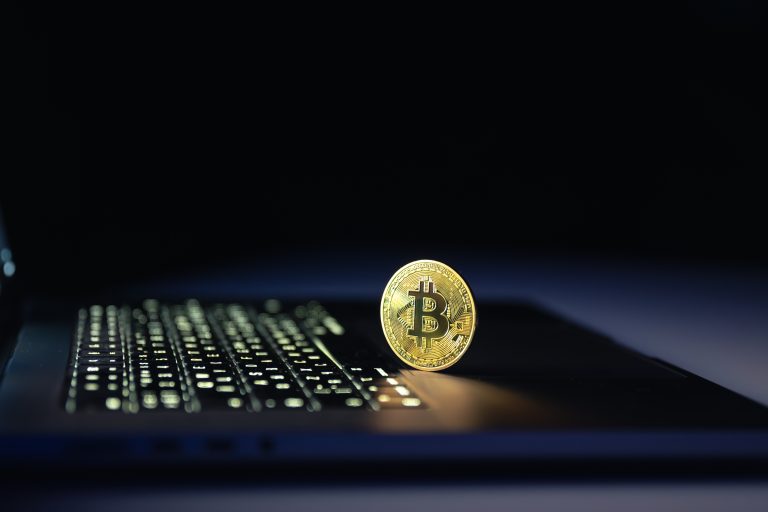
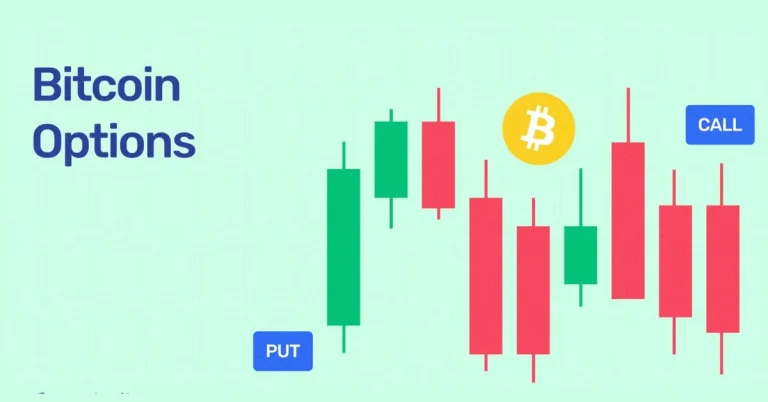



2 Comments